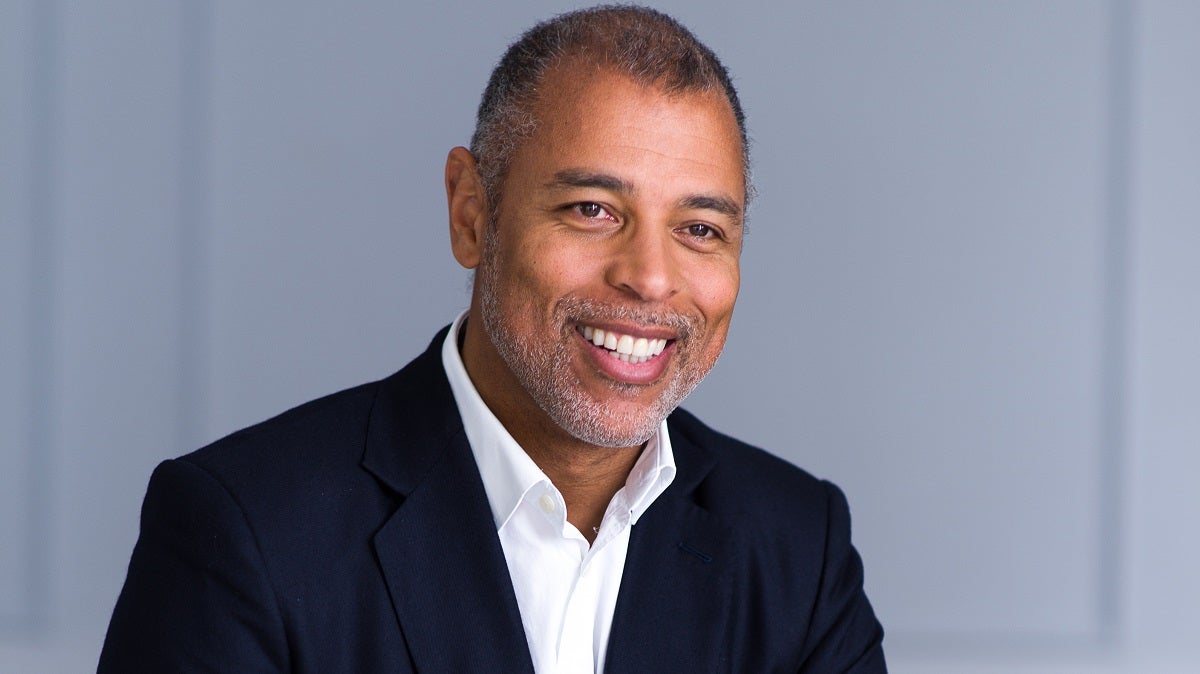
After a legacy of limited racial diversity within the pensions industry, company pledges to increase representation have risen up the agenda after the killing of George Floyd and the Black Lives Matter movement.
Just 7 per cent of the Pensions Regulator’s workforce declared they were from a Black, Asian or ethnic minority background as of March 2020, which is significantly lower than the 14.4 per cent of the UK population these communities make up.
The regulator now has a diversity and inclusion committee and chief executive Charles Counsell has pledged “to encourage, support and, in some cases, cajole the organisations we regulate to better embrace the need for diversity and inclusion particularly on trustee boards”.
As well as being the right thing to do and better reflecting customer bases, research shows taking action on this has financial benefits. According to a report by McKinsey, companies in the top quartile for ethnic and cultural diversity are 36 per cent more likely to outperform their peers in profitability.
Efforts to improve workforce racial diversity
Sandra Kerr, race equality director at Business in the Community, suggests pension companies should monitor all stages of recruitment to see where interventions, such as pre-application days and diversified panels, need to be made.
It is also important, particularly where there are no role models in senior positions, to provide a transparent career path for progression and opportunities for shadowing executives “so when the doors are open, you have people with the expertise and who are board ready”, she says.
A number of cross-firm schemes, including Classroom to Boardroom and the Catalyst After School Program, have been set up to try and develop a diverse pipeline into the pensions industry. Following the huge success of the #100BlackInterns initiative, which started with the pension and asset management industry, the 2021 summer programme has been quickly expanded to help 10,000 Black interns over a five-year period.
Pension provider Aviva is one of the participants and also runs both its own ethnic minority leadership programme for employees and the Origins intern programme to support younger generations from minority backgrounds. The company launched a Black Lives Matter Action Plan in September 2020, working with experts from each market to localise this.
You have to care about belonging as much as you care about the bottom line and about your share price
Sabina Khanom, Aviva’s head of inclusion, says: “For such internal initiatives and internship schemes to succeed, they must have a clear purpose, resources and buy-in from the business areas and leaders.”
It is crucial staff at all levels actively engage to ensure productive outcomes. Sachin Bhatia, co-lead of the Diversity Project’s newly created race and ethnicity workstream, believes interns should meet senior executives and rotate around departments so more employees can see the added value of utilising a different talent pool. “You get a better idea of how diversity can impact your firm,” he says.
However, such schemes must also be accompanied by increased representation at the top and changes across the entire organisation to effectively make a difference. Raj Tulsiani, chief executive of Green Park and co-founder of Race Equality Matters, warns: “For some it’s going to do absolutely nothing long term unless they’re given roles, and then there’s a culture and systemic approach to development that allows them to get forward on: a true even playing field.”
Diversity as an international investing lens
There is a growing trend for US public pension funds to use diversity criteria as part of due diligence. New York City comptroller Scott Stringer, for example, has asked for details of workforce, leadership and board composition, and allocated specifically to emerging managers and minority-owned businesses.
Bhatia, who is also head of UK core institutional and consultants at Invesco, says the UK, Europe, Middle East and Africa are now also moving in this direction. “What we need to see is a greater effort of capturing that data and some uniformity across firms of how that’s presented,” he says.
Asset owners can therefore potentially demand racial diversity in other employers by using it as investing criteria, but should not wait for the completion of collection to tackle the industry’s racial diversity problem.
However, there does now appear to be a more widespread intention to address this issue and the first steps are being taken. “I do think we’ll see some tangible change over the coming years,” says Bhatia.
#10,000Blackinterns

Dawid Konotey-Ahulu is a champion for diversity and inclusion in the pension industry as the co-founder of a number of grassroots initiatives, such as #10000BlackInterns, which he believes have a chance of moving the dial. “I think we’re potentially seeing some real change and real impact in quite a short period of time, which is very exciting,” he says.
Over the past few years, more young people have reached out to ask Konotey-Ahulu, who is the co-founder of Redington and mallowstreet, for advice about navigating the industry because they do not feel like they belong or are able to progress in it. His initiative #TalkAboutBlack identified only 13 Black portfolio managers in UK asset management.
However, Konotey-Ahulu is optimistic the next decade will see pension companies addressing their own culture and more Black people in middle-management roles moving up with the belief they could become the chief executive. His positive outlook is based on the values of the new generation coming through and firms beginning to look at the S in ESG (environmental, social and governance).
He thinks the lack of racial diversity has not previously been tackled because of the “cognitive dissonance” of chief executives, in which solely commercial metrics were used to measure success. “You have to care about belonging as much as you care about the bottom line and about your share price,” he says.
Konotey-Ahulu has been involved in recent executive and all-staff company calls about diversity. He says: “If you’re prepared to have that kind of conversation, do something about concerns raised and hold yourself accountable, then I think change starts to happen.”
For the pension industry to increase representation, Konotey-Ahulu concludes, chief executives must not sideline the issue to human resources and businesses should actively seek out future Black talent by telling schoolchildren there is a seat for them in the future.

After a legacy of limited racial diversity within the pensions industry, company pledges to increase representation have risen up the agenda after the killing of George Floyd and the Black Lives Matter movement.
Just 7 per cent of the Pensions Regulator’s workforce declared they were from a Black, Asian or ethnic minority background as of March 2020, which is significantly lower than the 14.4 per cent of the UK population these communities make up.
